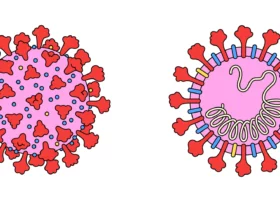There are many reasons to take time for yourself and the first place to start is by improving your gut health. Given how intricately our guts work, it’s no wonder that improving our gut health can be so difficult. But once you understand the connections between food, stress, and depression you’ll start to feel more hopeful about reaching better states of health. If you follow the right exercises and eat the right meals, your gut will begin to rejuvenate and change shape. The good news is you don’t have to wait until you are sick to begin your change. Gut health goes beyond your physical health. Your gut influences every system in your body, from giving you energy when you need it.
Diverse food
Research suggests that eating a varied diet can help to improve your gut microbiome – the group of bacteria and yeast living in your digestive tract. Fruits, vegetables, and legumes are rich in fiber. Eating several servings each day of fruits, vegetables, and legumes will help you optimally function as a human being. These foods are rich in antioxidants and nutritional fibers that strengthen the lining of the digestive tract.
Lower stress
Stress is connected to gut health in two distinct ways: how we experience and regulate stress and the immune system’s sensitivity to stress. The first bits of the puzzle can be addressed fairly easily: identify where stress concentration begins and ends. Chronic levels of high stress can directly impact your gut health—whether you realize it or not. The second part, however, is much harder—and involves integrating everything from immune system functioning to brain function to gut health fundamentals. Being stressed can take a toll on just about every system in your body, not just your mind. If you’re constantly wrangling stress, you may end up with chronic health conditions.











Leave a Reply